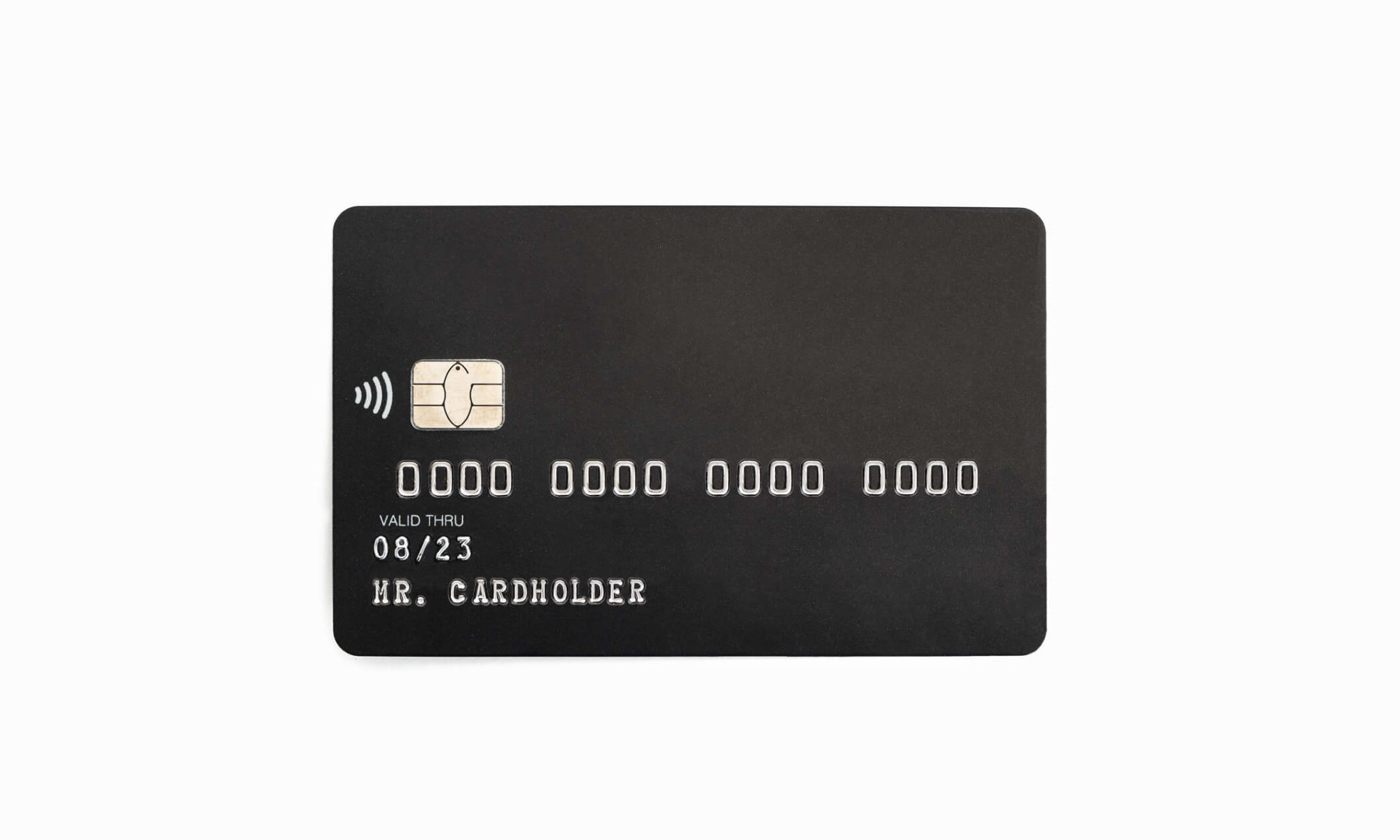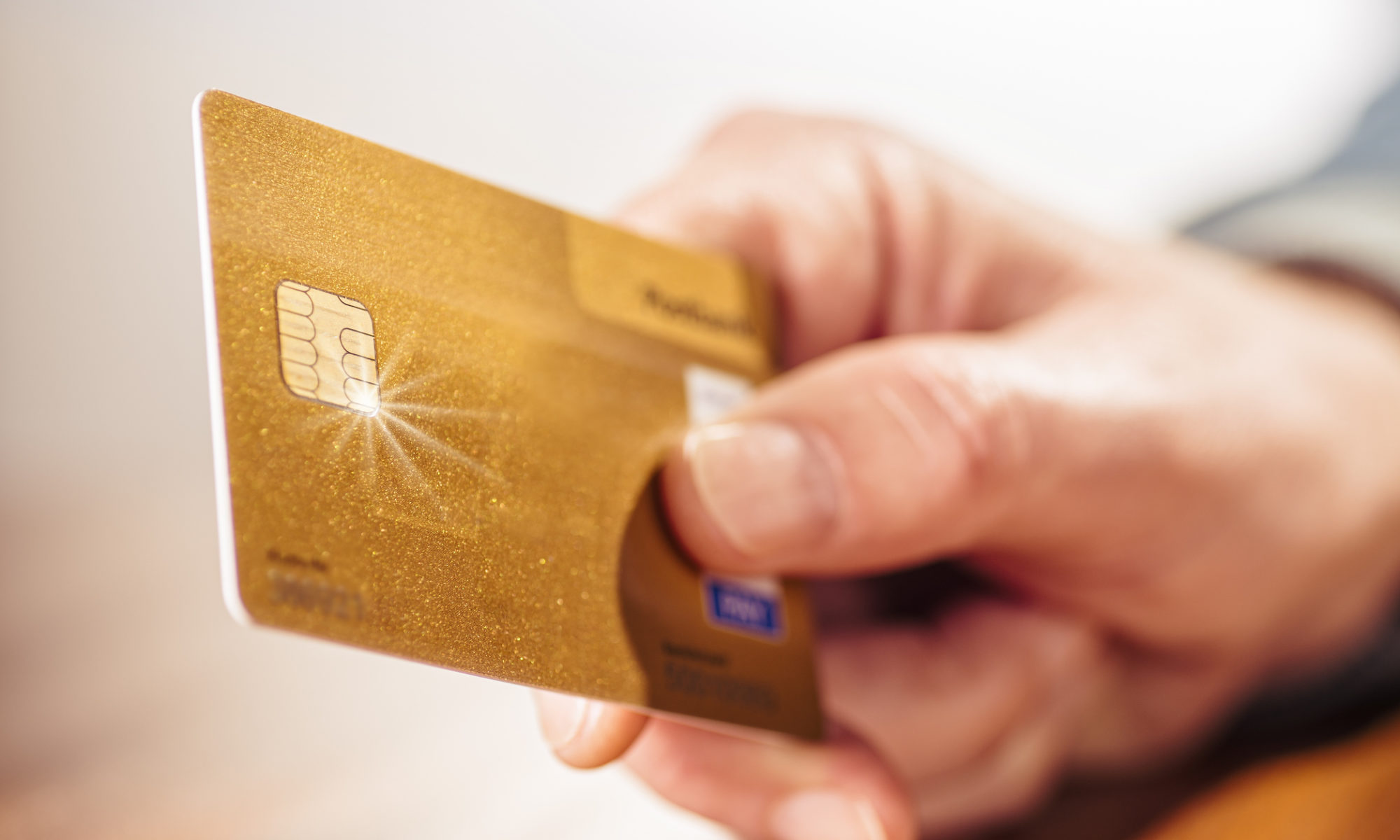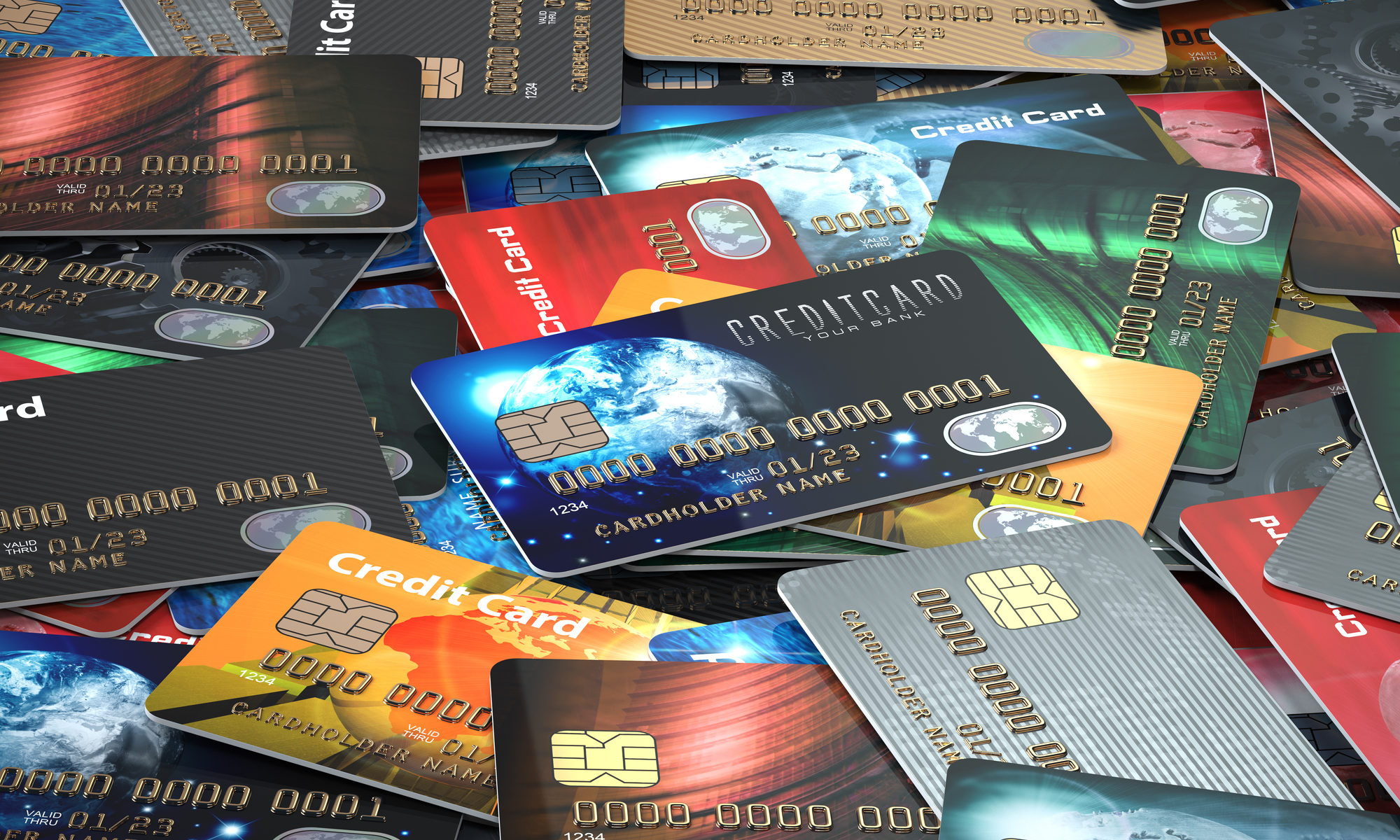Most businesses have to accept both credit and debit cards today – it’s the most convenient way for customers to pay. If you don’t have the technology in place, you’re likely losing customers. That leads many to shop for the right credit card processing service, but what is that? Is there a list somewhere that will tell you who to hire?
And the Credit Card Processing Service For You Is . . .
So, ready for that name? It’s not here. That’s because credit card processing companies vary widely because credit card processing is different for every single business. High risk businesses like those that involve gambling often need a very different service than a simple Mom and Pop gift shop in a tourist town. So, without the name of the service to choose, what do you do? Some research would help. As you shop around, make certain you’re looking for services that provide:
*Low Fees: Fees abound when it comes to any credit card processing service, and you want to make sure the fees meet your needs. Look carefully at how your customers pay and think about whether you want to rent or buy equipment. Ask about the interchange plus fee (the cost of each transaction), and don’t forget to find out if there are minimum processing amounts you must meet.
*Added Support: Most businesses want a 24/7 support hotline as opposed to a digital library of content you can find to simply fix the problem on your own. Some DIYers, though, would rather not pay for those added support hotlines, so figure out exactly what level of help you might need every step of the way from the initial set up to the day to day running of your business.
*Fraud Protection: PCI compliance is required from all card processors. Other protections, though, like encryption and tokenization simply aren’t. Find out what each processor is doing to help protect your business and your customers before you sign a contract.
*Perfect Contract Terms: Some companies will work with you on a month to month basis. Others want you to sign up for a year or more. There’s no right answer on this one but understanding what those terms look like on paper is nothing short of a must.
Get quotes from several credit card processing services before you choose the right one to meet your needs, then don’t be afraid to shop around continually until you find a service you truly love.











